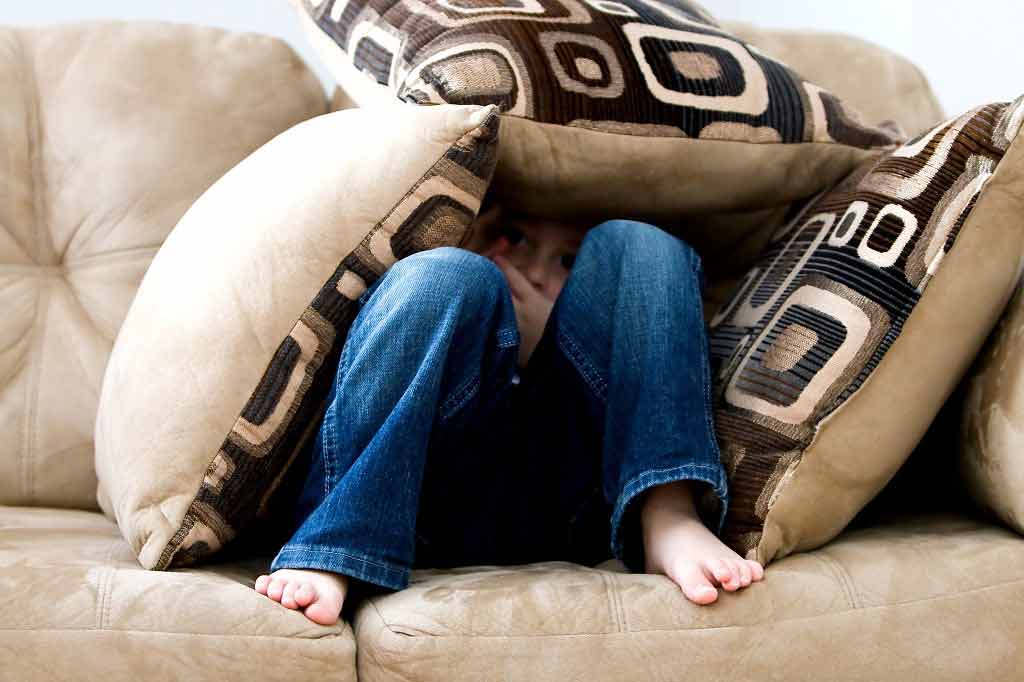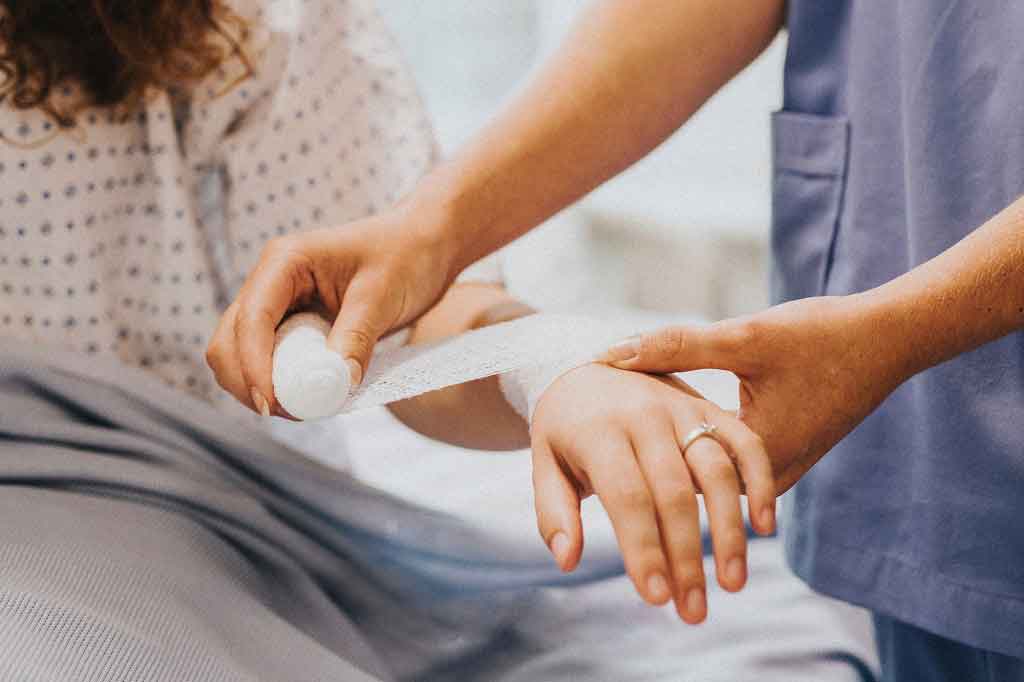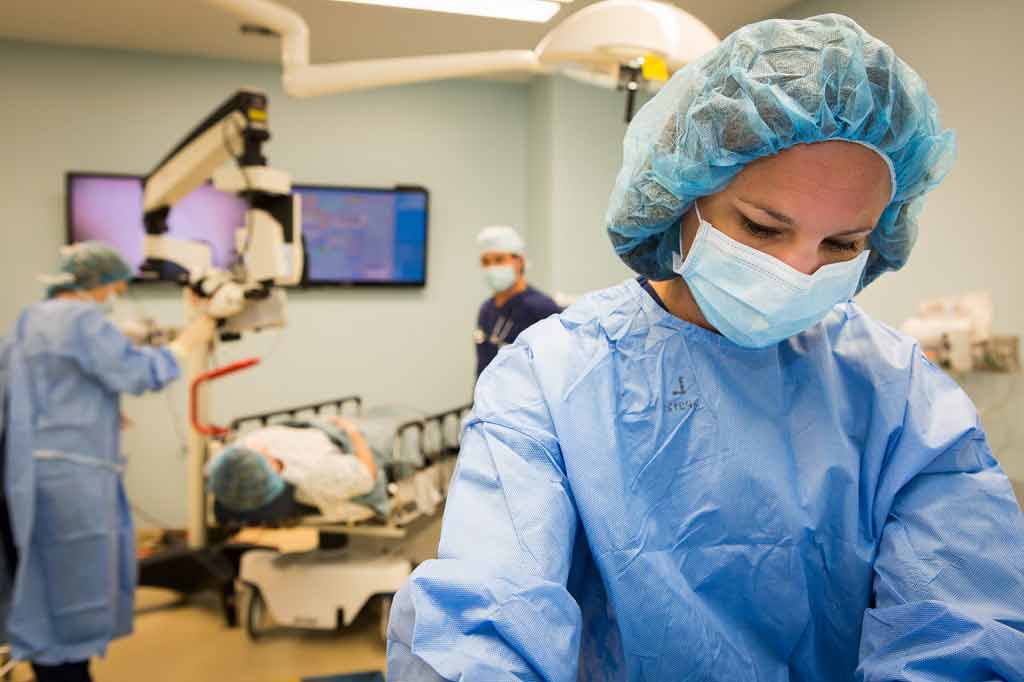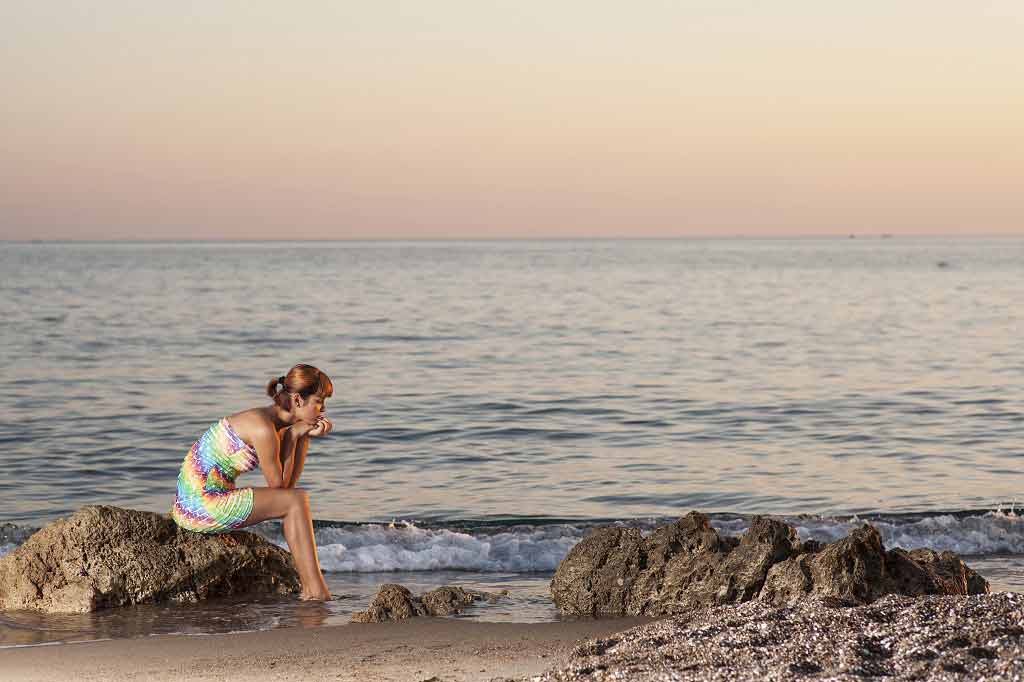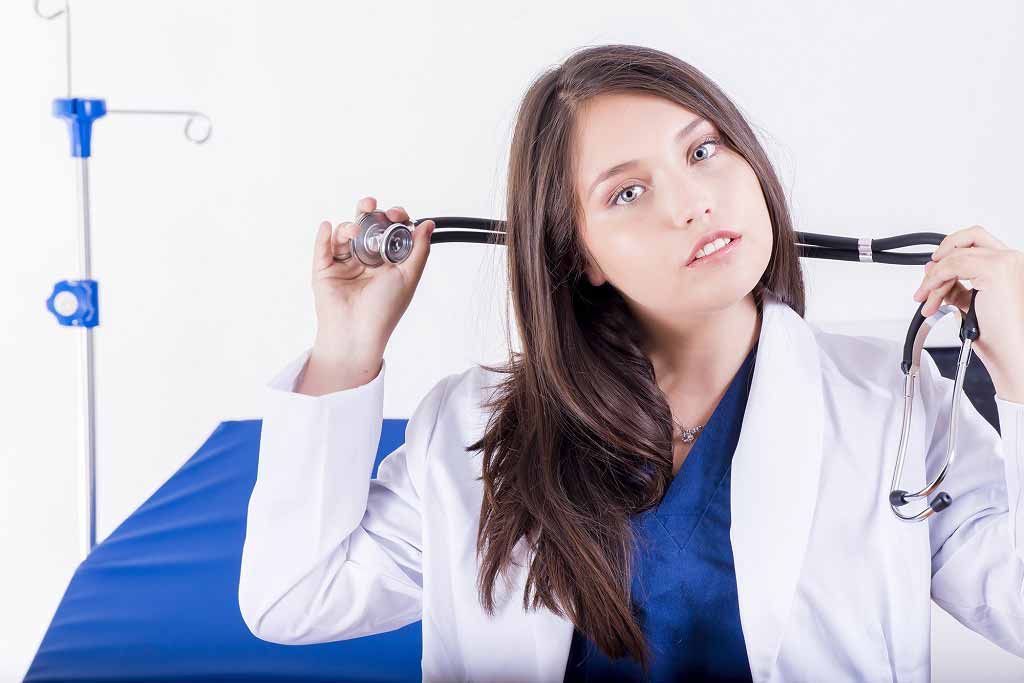2012: a year in headlines
Medical practice
Here are our favourite, most popular, most controversial and most diverting stories that we've delved into over the course of 2012...
In 2012 we've found that the standards of health reporting have – largely – improved. Where there have been health scares these have been sensibly and even-handedly reported, 'wonder cures' seem to have hit the headlines far less often than we've come to expect (with the dishonourable exception of the Daily Express) and peer-reviewed medical reports appear to have been generally well covered.
However, the headlines can often give a different impression of the facts than a thorough reading of the news might offer. So, there's still work to be done by Behind the Headlines. Here are our favourite, most popular, most controversial and most diverting stories of those we've delved into over the course of 2012.
January
The year’s health news opened with the ongoing scandal caused by the fraudulent use of unregulated fillers for French-made breast implants. Major reviews have been undertaken to find out what went wrong to let it happen and cause so much concern. Fortunately, while the PIP breast implants are more likely to rupture, the harmful effects appear not to be as great as many feared.
February
There was a feast of eating-related health news in February. We found out that curry might help stave off dementia (in animals), that spoon-feeding your baby might lead to them becoming obese (it's pretty unlikely) and that you can now receive an artificial jawbone created by 3D printing technology.
However, our most popular story of the month involved the wrong kind of eating – namely a terrifying sounding flesh-eating superbug that spreads through the air. The reality is, as always, duller than the headlines. In fact, the research this news was based on looked at whether MRSA can spread outside of hospitals – it can, but in a form that is susceptible to antibiotics.
March
The collapse of footballer Fabrice Muamba dominated health headlines in March. The young midfielder suffered a cardiac arrest during an FA Cup tie, but has since made an amazing recovery.
In other exercise news, the Daily Mail reported the almost unbelievable claim that exercise could change your DNA. Before you shrug it off, this news actually looked at the fascinating world of epigenetics. While you can't change your fundamental genetic make-up, changes in the body brought on by exercise might just change the way your genes are 'expressed'.
April
April was a month filled with health headlines that seemed to confirm our preconceptions, but on closer inspection turned out to be factually flimsy. For example, a link between junk food and depression reported in the papers came from a strong study, but one that cannot prove causation between Happy Meals and unhappiness. There were also reports that dental X-rays could treble brain tumour risk – however, the life-time risk of a brain tumour remains very small, and the research only found an association for 'bitewing' X-rays, not full mouth X-rays.
May
A mixed bag of news in May brought us both sublime and ridiculous health news to cover. The former: proof (finally) that zinc can shorten the duration of the common cold. However, it only shortens the duration of a cold by one or two days, has some significant side-effects and the evidence doesn't show that zinc can prevent colds. The latter: a story that suggests that we all have a 'gaydar' sense (meaning we can tell from someone's face if they're gay or not). People in the study in question were able to detect a person's sexuality only slightly better than by chance – certainly not well enough to justify the flamboyant and, in some cases, inaccurate, headlines.
June
In need of refreshment? Research that hit the headlines in June suggests that putting the kettle on might not be such a good idea (for men). Much of the media reported a link between tea and prostate cancer. However, the research actually found that you'd need to drink seven cups a day for a long time for there to be any real risk.
Some less refreshing news also hit the headlines in June: apparently we are 14% more likely to die on our birthday than other days of the year. While this seems to hold true based on the evidence we've got, there's really not a lot you can do about it, except make sure that you enjoy each birthday while it lasts!
July
The lack of decent weather this summer didn't stop the traditional newspaper silly season. The Daily Telegraph went over the top when it suggested that 'cat ladies' are at greater suicide risk. They based their claim on research looking at the presence of antibodies to Toxoplasma gondii – a parasite often found in cat poo – in women who self-harm or attempt suicide. The fact is that around a quarter of women had the antibodies, rendering any link unlikely and any test based on the antibodies pretty unspecific.
August
August is the height of the news silly season, and the global media chose to dredge up evidence that eggs are as bad for you as smoking. While there may be some cardiovascular reasons for eating eggs in moderation, this ludicrous claim caused popular amazement. It created a social media storm and became far and away Behind the Headlines' most read story of the year.
On the subject of smoking, this month new research looked at the potential perils of puffing on e-cigarettes. Not a great deal is known about these nicotine-containing products, and they're not yet regulated.
September
In September, the Mail warned that: 'Being in a stressful job where you are bossed around could raise the risk of a heart attack by a quarter'. In this case, the headline was quite an accurate representation of a large observational study that found that 'job strain' could contribute to heart disease. However, as the researchers involved pointed out – there are many other bigger and more modifiable factors that affect your risk of a heart attack.
However, the most popular September story was a Telegraph piece claiming that the secret to dieting is timing when you eat. Unfortunately for readers trying to slim, the story was based on research that looked at the metabolism of mice fed a high-fat diet.
October
Moving into autumn, infectious diseases start to take their grip on both the nation's health and the health pages of the papers.
This month's most read story was the announcement, made a couple of weeks earlier, that pregnant women were to be given the whooping cough vaccine in an attempt to stem the alarming spread of the disease, which has tragically killed several infants this year.
October is also flu jab season, and several newspapers ran with a story claiming that Britain is unhygienic when it comes to combating the spread of infections. During the 2009 swine flu pandemic we were less likely than other countries to wash our hands and avoid kissing. However, the papers said that Britain was the 'worst in the world' despite only five countries being surveyed.
November
November was probably 2012's most controversial month in health news. It saw a spate of heartbreaking media stories about poor quality care for people who are dying. Many of these stories were attributed to problems with the Liverpool Care Pathway (now subject to a review).
Other controversial stories that we analysed included:
- That NICE – the agency that advises on best medical practice – wanted to raise car parking charges. It actually has no powers to do so and made this tempered suggestion as part of wider guidance to promote physical activity.
- That babies' chances of being obese can be predicted at birth. They can, but the predictions raise many ethical questions.
- That teenagers are being offered 'designer vagina' operations on the NHS. They aren't.
- That iPads could make you depressed – a spurious fact that reporters appeared to pick up from a press release rather than the actual research.
December
As we say goodbye to 2012, our thoughts are very much on a story that happens every year at this time – a norovirus outbreak. There are now almost a million people affected, and we see similar headlines each year around this time, although we seem to have been particularly badly hit in 2012.
So our advice for 2013 is to practise really, really good hygiene. Oh, and have a healthy diet and get plenty of exercise. But you didn't need us to tell you that, did you?






 Subscribe
Subscribe Ask the doctor
Ask the doctor Rate this article
Rate this article Find products
Find products



